- July 26, 2024
-
-
Loading

Loading
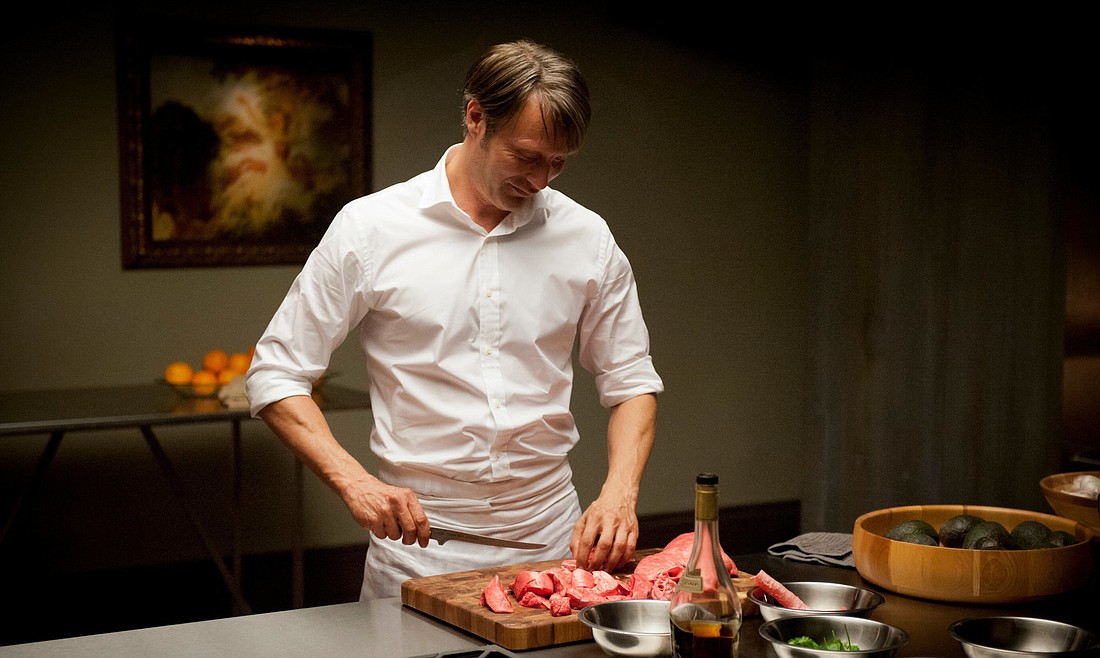
In a wonderful bit of coincidence, HBO is making Binge Blog pick "Watchmen" available to watch for free June 19-21. Hey, that's right now! You should probably take advantage. As I said a few weeks ago, no show captures our current moment better than "Watchmen." And hey, it's Juneteenth, so I'm going to plug that list of titles created by or starring Black directors and actors again.
In other news, the Oscars have been pushed back to April 2021, with the deadline for eligible films coming in February 2021. I don't have a strong reaction either way, but it would have been fun to see some smaller films like "Never Rarely Sometimes Always" and "First Cow" get a turn in the Best Picture spotlight. That seems unlikely to happen now.
It will also be interesting to see what happens to the usual glut of awards-baiting films that comes each December. Will they spread themselves into January and February? What will the theatrical landscape even look like then? I don't know. But I understand the Academy giving studios time to figure it out.
You don't need a theater to check out this week's picks:
Netflix, TV-14, three seasons, 30 hours of content
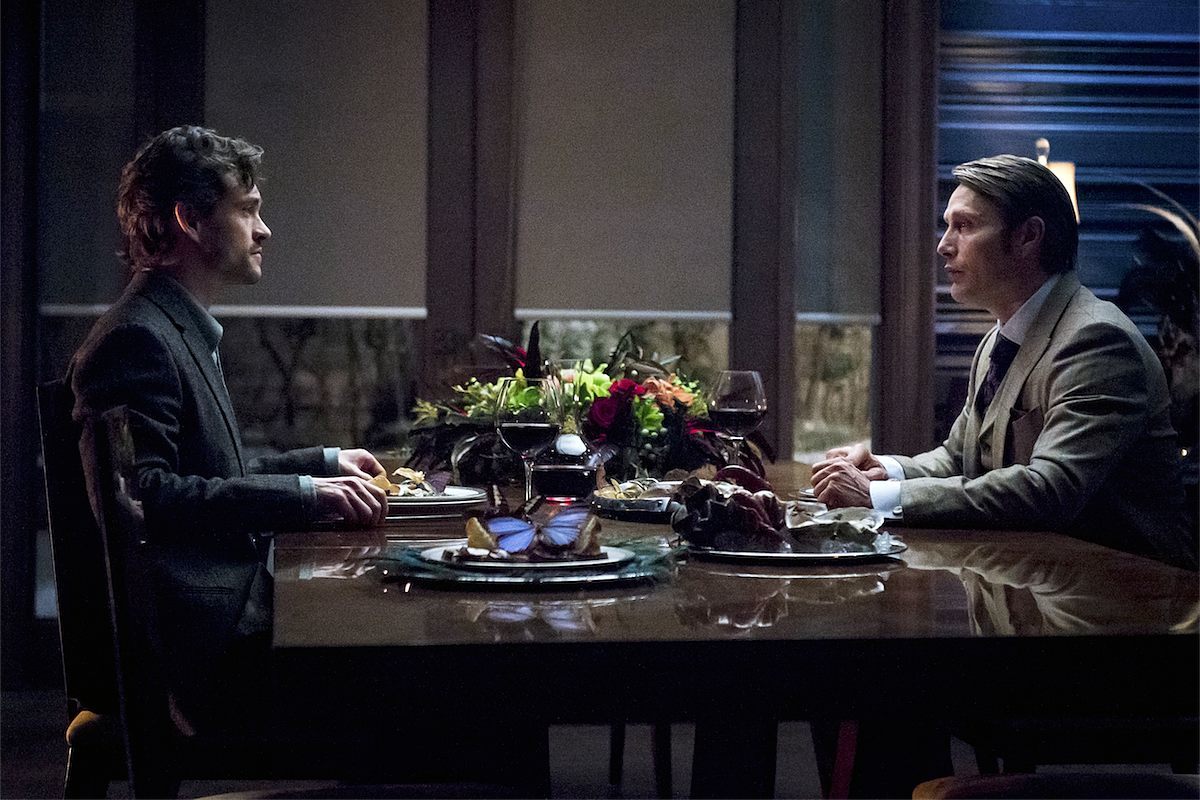
Back when I professed my love for "Evil" in a Cringe Blog write-up, I mentioned that "Evil" was the most out-there show to air on one of the four traditional networks (ABC, CBS, NBC and FOX) in a long time, in terms of what the show was able to get away with showing. Specifically, I said it was the most graphic (and most promising) show to air on one of the networks since "Hannibal" first aired on NBC.
I never did a write-up on "Hannibal" because at the time it wasn't available to stream anywhere. Earlier this month, it finally landed on Netflix, and folks, you know what that means: The time has come.
"Hannibal" is the best Hannibal Lecter adaptation, full stop. Yes, better than "The Silence of the Lambs," which I also glowed about in this space. It's the best because for once, it's not about an older serial killer using his charms to manipulate a young, female investigator over to his side. It's about a young-ish Lecter and a male investigator, Will Graham, meeting their respective matches and not knowing what to do with those feelings.
Graham is not strictly a new protagonist in the Lecter-verse. He's the main character in Thomas Harris' "Red Dragon" novel, which has been made into a few different films (and inspires part of season three of "Hannibal"), but he's never been portrayed like he is here by Hugh Dancy. The "Hannibal" version of Will Graham is stunted socially and brilliant in his work. The show has Graham solve crimes by literally having him walk in the killer's shoes, a manifestation of his mental journey to the truth. We see Graham commit all kinds of heinous acts while describing the killer's motivations. He ends each examination of a crime scene the same way: "This is my design."
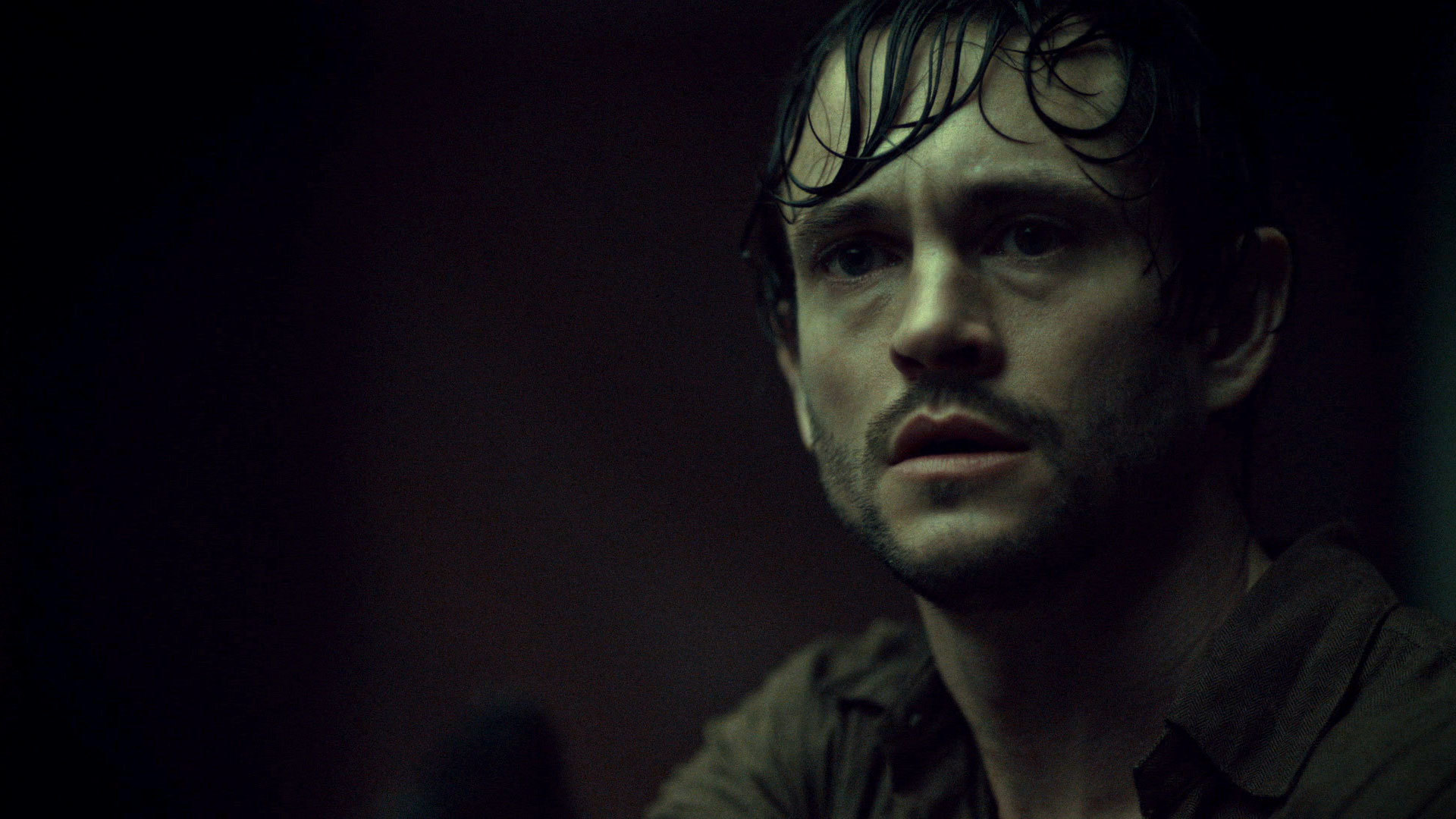
Showing these sequences allows the audience to buy in once Graham, inevitably, begins to lose himself in his cases, wondering where he begins and the murderers he pursues end. It's a fair question. He begins having visions of mythical creatures while sleepwalking, only to awaken in strange places and not remember a thing.
Graham turns to one Dr. Hannibal Lecter, his psychologist, for advice when he feels stuck. Lecter, for his part, is fascinated with Graham's ability to empathize with killers to such an extreme degree. It's a quality he's never seen in someone before. It gives him hope that he, too, could be understood by someone.
Of course, it's only a matter of time before Graham, being the best at his job, starts suspecting there's something not quite right with the good doctor. It's the push and pull of Graham and Lecter that makes the show so compelling. They clearly respect and like each other — at the very least — but they also realize how much of a danger they are to each other.
Just as "Evil" was forced to do, season one of "Hannibal" more or less follows a case-of-the-week format. That's fine because you still get the character development necessary for parts two and three of the story, and boy howdy, do those two seasons kick things up a notch. There's a lot I'm not going to get into for spoiler reasons, but in case you're not yet sold, maybe these things will sway you:
"Hannibal" was canned after three seasons because of low ratings. It was a tough sell on NBC despite airing at 10 p.m. The show was simply too weird for NBC's audience. On Netflix, though, it has a chance to find its way into the hearts of many. Fuller has repeatedly stated his desire to keep making the show (and the cast is apparently on board), so hopefully, like with "Community," things will pick up steam to that end.
Even if it doesn't, we've been blessed with 30 hours of some of the most unique storytelling in existence. It would be a shame to miss out on it.
HBO Max, rated PG, 125 minutes
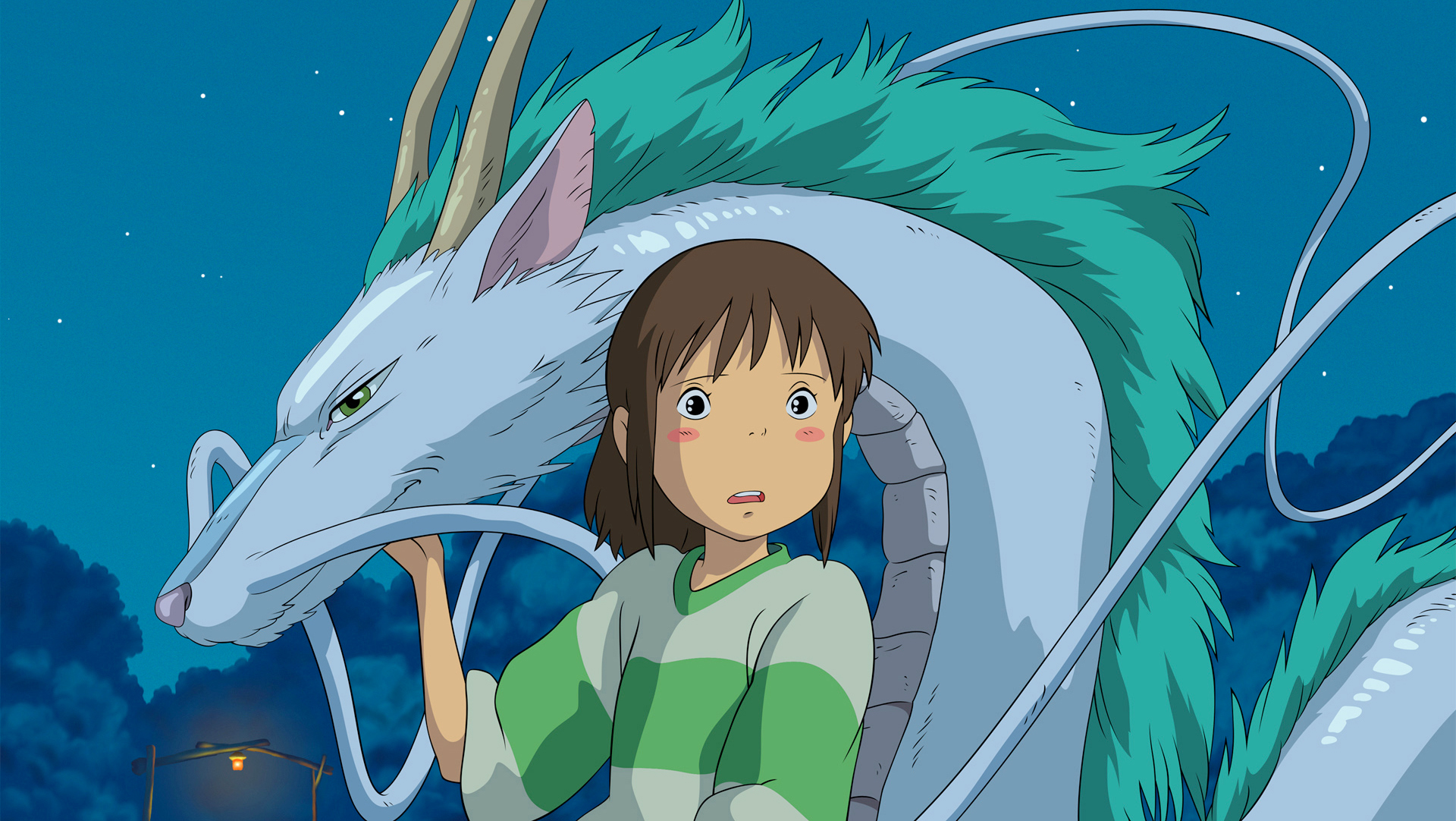
Chihiro is 10 when her family decides to move to a new town. We see her in the backseat of her family's car, twirling a bouquet of flowers. She doesn't want to be moving. Chihiro liked her life before. It was easy. It was comfortable. She's not interested in new experiences. What if they're scary? What if she doesn't like them as much as her old experiences? When her parents get lost on the way to their new house and stop at a deserted theme park, one that mysteriously has enough piping hot food sitting out to feed an army, Chihiro refuses to eat any. She instead wanders the park on her own, trying to get away from the world — and inadvertently doing just that, literally.
By the time a young boy named Haku yells at Chihiro to run away, it's too late. The sun has set, and the spirits that visit the park each night have arrived. When Chihiro reaches her parents, she discovers the food was cursed. Her parents have turned into pigs, which the spirits will corral and fatten up until they're ready to be devoured. Chihiro is at risk of becoming a spirit too, until Haku instructs her to eat a noncursed berry from the human world, keeping her corporeal.
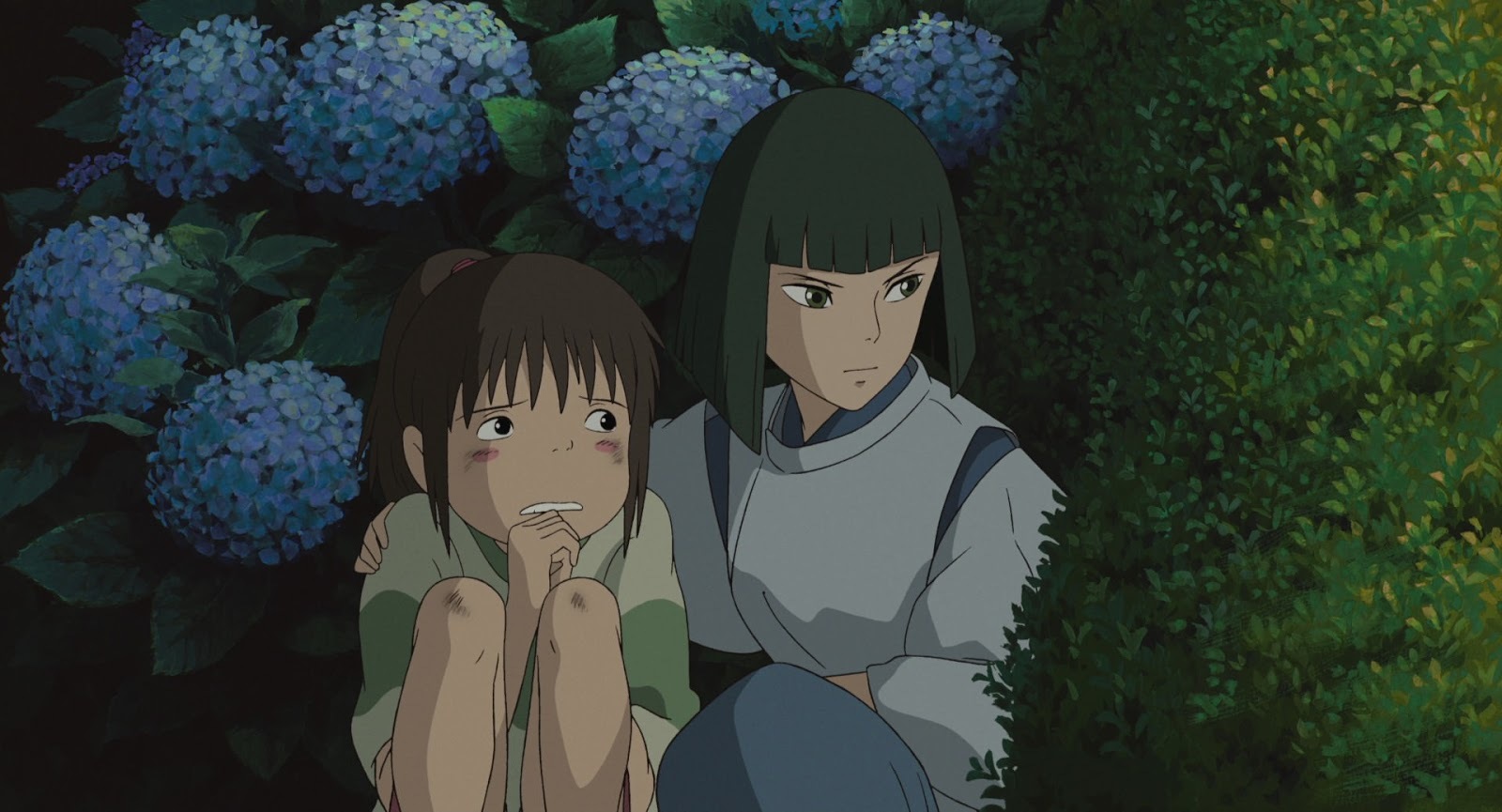
The dangers aren't over, and neither are the surprises. Chihiro is trapped in this world until she can rescue her parents, which means begging Yubaba, the law-and-order-loving witch who runs the park, for a job. Yubaba grants her one, but takes her name — the one thing tethering her to the human world — in the process, insisting that everyone call her Sen instead. (It's fun to note that "Sen" translates to "Destination" in English.)
It's what happened to Haku, too. He can't remember his human name, he tells Chihiro, begging her never to forget hers.
Chihiro works in the park's bath house, scrubbing moldy tubs and preparing suds for strangers, while learning about this strange new world in which she finds herself. It is here where Chihiro learns to face her fears of the unknown.
She finds that, though the rules are different, and the people might look unfamiliar, there are good souls in the spirit world, like Kamaji, a four-armed man who runs the bath house's furnace and keeps the water piping hot, and Lin, who takes Chihiro under her wing and teaches her how to do her job. Then there's the Faceless Man, a benevolent spirit who just wants someone to love him, even if he has to buy that love.
They all learn lessons from one another, and by the end of the film, when multiple characters have transformed (literally), and Chihiro has grown into a confident girl unafraid of anything, she doesn't want to leave the spirit world.
2020 has been world-changing in more ways than one. I don't know what Earth will look like in six months. I feel pretty confident it won't look like it did in January. It's going to be new for all of us. In that way, all of us should be able to relate to Chihiro. We have to face the unknown, the new. It can be scary to do that, but it can also be, as Chihiro discovers, incredibly rewarding. Instead of facing our future with fear, we should embrace the ability to chance, to learn, to build a better world for everyone.
It's a bold takeaway from what is ostensibly a family movie, I know, but "Spirited Away" has that effect on people. It's perfect.